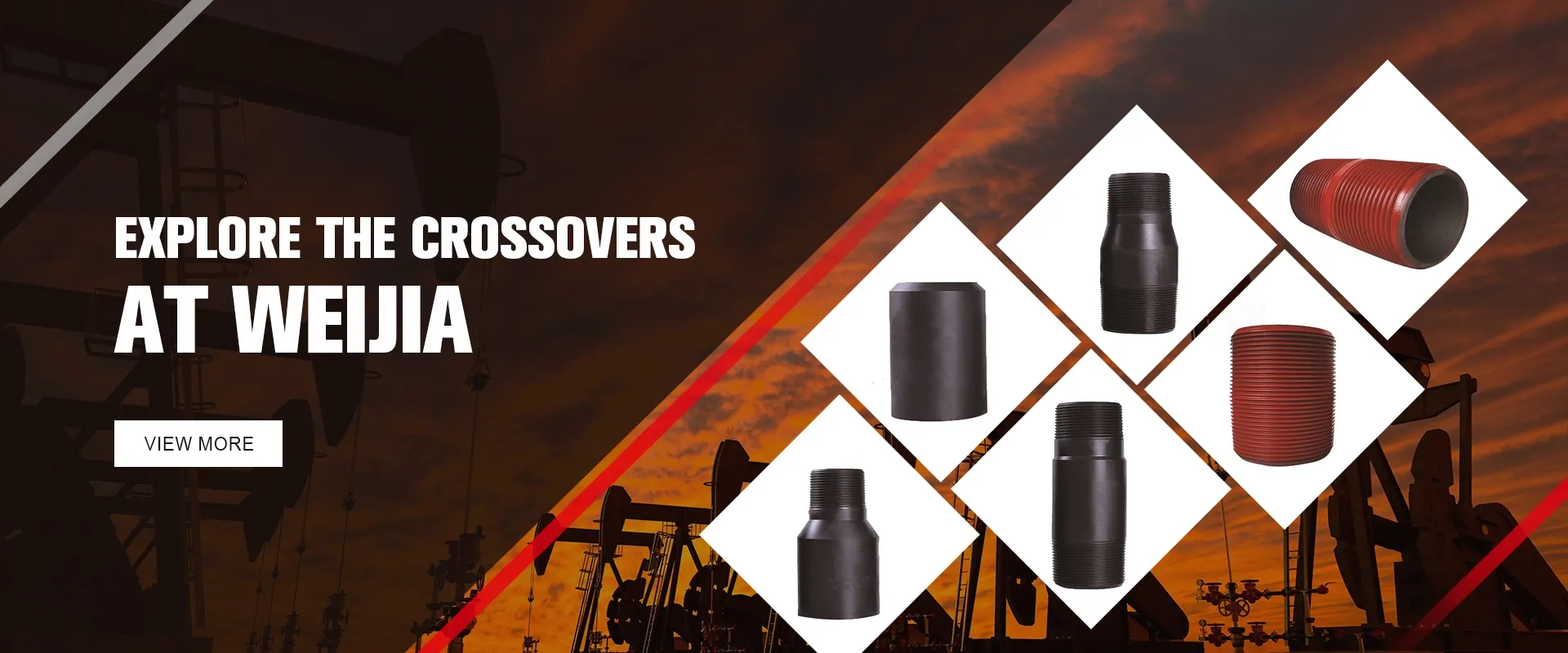- Afrikaans
- Albanian
- Amharic
- Arabic
- Armenian
- Azerbaijani
- Basque
- Belarusian
- Bengali
- Bosnian
- Bulgarian
- Catalan
- Cebuano
- Corsican
- Croatian
- Czech
- Danish
- Dutch
- English
- Esperanto
- Estonian
- Finnish
- French
- Frisian
- Galician
- Georgian
- German
- Greek
- Gujarati
- Haitian Creole
- hausa
- hawaiian
- Hebrew
- Hindi
- Miao
- Hungarian
- Icelandic
- igbo
- Indonesian
- irish
- Italian
- Japanese
- Javanese
- Kannada
- kazakh
- Khmer
- Rwandese
- Korean
- Kurdish
- Kyrgyz
- Lao
- Latin
- Latvian
- Lithuanian
- Luxembourgish
- Macedonian
- Malgashi
- Malay
- Malayalam
- Maltese
- Maori
- Marathi
- Mongolian
- Myanmar
- Nepali
- Norwegian
- Norwegian
- Occitan
- Pashto
- Persian
- Polish
- Portuguese
- Punjabi
- Romanian
- Russian
- Samoan
- Scottish Gaelic
- Serbian
- Sesotho
- Shona
- Sindhi
- Sinhala
- Slovak
- Slovenian
- Somali
- Spanish
- Sundanese
- Swahili
- Swedish
- Tagalog
- Tajik
- Tamil
- Tatar
- Telugu
- Thai
- Turkish
- Turkmen
- Ukrainian
- Urdu
- Uighur
- Uzbek
- Vietnamese
- Welsh
- Bantu
- Yiddish
- Yoruba
- Zulu
Well Casing Connector for Enhanced Drilling Performance and Efficiency Solutions
Understanding Well Casing Couplers Essential Components for Oil and Gas Operations
In the dynamic world of oil and gas extraction, ensuring the integrity and functionality of well constructions is paramount. Among the various components that play a critical role in this process, well casing couplers stand out as vital elements in connecting sections of well casing. This article delves into the importance, types, applications, and advantages of well casing couplers, shedding light on why they are indispensable in modern drilling operations.
What is a Well Casing Coupler?
A well casing coupler, often simply referred to as a coupler, is a mechanical device used to join two or more lengths of casing pipe together. The casing itself is a series of steel pipes installed in a well to provide structural integrity and prevent the collapse of the borehole. Couplers are specifically designed to facilitate the seamless connection of these pipes, ensuring a continuous and stable formation throughout the drilling process.
Types of Well Casing Couplers
There are several types of well casing couplers available, each designed to meet specific needs and operational conditions. The most common types include
1. Threaded Couplers These couplers feature threads on both ends, allowing for easy and secure connections between casing pipes. Threaded couplers are popular for their straightforward installation process and reliable performance in various pressure conditions.
2. Welded Couplers As the name suggests, these couplers are welded directly to the casing pipes. This type offers a robust and permanent connection that can withstand high pressures and harsh environments, making them ideal for deeper wells.
3. Compression Couplers These couplers use a compression mechanism to connect casing sections. They are suitable for installations where flexibility and ease of disassembly are desired, allowing for adjustments without compromising the casing’s integrity.
4. Slip Couplers These couplers allow for a certain amount of axial movement between casing sections, making them suitable for environments where ground movement is a concern.
Applications of Well Casing Couplers
well casing coupler

Well casing couplers are integral to the construction of oil and gas wells, geothermal wells, and water wells. Their applications can be categorized under
- Drilling Operations Ensuring the stability of the wellbore while drilling, preventing collapse and infiltration of surrounding rock or soil. - Production Facilitating the transport of crude oil or natural gas from the reservoir to the surface. - Well Logging Supporting the casing during log evaluations to determine the well's productivity potential. - Completion Establishing a secure connection for tubing strings that transport hydrocarbons from the reservoir.
Advantages of Using Well Casing Couplers
Utilizing well casing couplers offers several advantages that enhance operational efficiency
1. Improved Structural Integrity Couplers provide a secure connection between casing sections, greatly reducing the risk of joint failure under extreme conditions.
2. Ease of Installation Many couplers are designed for quick and straightforward installation, reducing labor costs and time spent on the job site.
3. Versatility With various types available, there is a coupler suitable for a multitude of applications and conditions, allowing for tailored solutions in diverse environments.
4. Cost-Effectiveness By ensuring the durability of well constructions, couplers minimize the risk of costly repairs and downtime during production.
5. Enhanced Safety With a secure casing connection, the likelihood of leaks or blowouts is significantly reduced, contributing to safer operational conditions.
Conclusion
In the complex landscape of oil and gas extraction, well casing couplers serve an essential function that cannot be overlooked. Their role in maintaining wellbore integrity, ensuring safe and effective drilling practices, and facilitating efficient production processes underscores their significance in the industry. As technology advances and demands for efficiency grow, the development and implementation of innovative well casing coupler designs will continue to enhance the functionality and safety of well operations. This nuanced understanding of well casing couplers not only highlights their technical importance but also accentuates the meticulous engineering that goes into ensuring the reliability of energy resources critical to global economies.
-
Tubing Pup Joints: Essential Components for Oil and Gas OperationsNewsJul.10,2025
-
Pup Joints: Essential Components for Reliable Drilling OperationsNewsJul.10,2025
-
Pipe Couplings: Connecting Your World EfficientlyNewsJul.10,2025
-
Mastering Oilfield Operations with Quality Tubing and CasingNewsJul.10,2025
-
High-Quality Casing Couplings for Every NeedNewsJul.10,2025
-
Boost Your Drilling Efficiency with Premium Crossover Tools & Seating NipplesNewsJul.10,2025







